Section: Arts And Culture
There are more than 200 results, only the first 200 are displayed here.
-
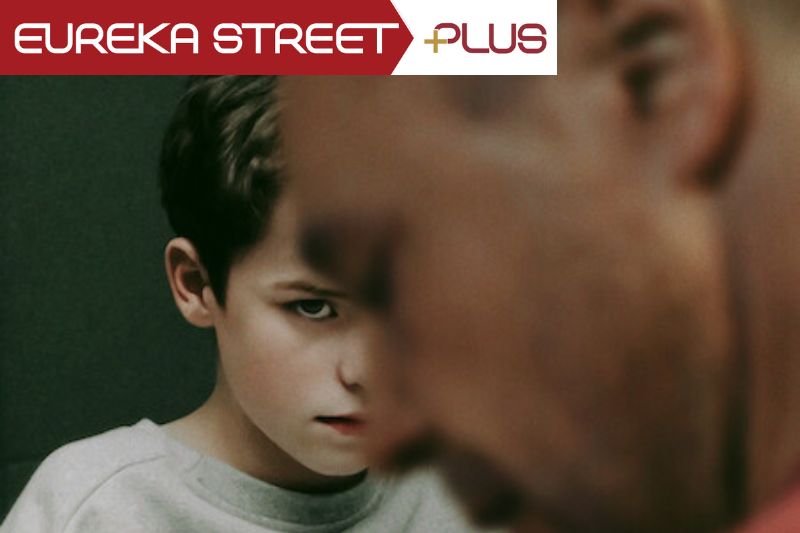
ARTS AND CULTURE
- Peter Craven
- 16 April 2025
A cultural flashpoint disguised as a television drama, Adolescence has drawn comment from prime ministers and pundits, mothers and sons alike. Jack Thorne’s four-part epic, powered by Owen Cooper’s once-in-a-generation performance, turns a teenage murder accusation into both high art and a bracing reckoning with sex, violence, and the internet’s moral void.
READ MORE 
-
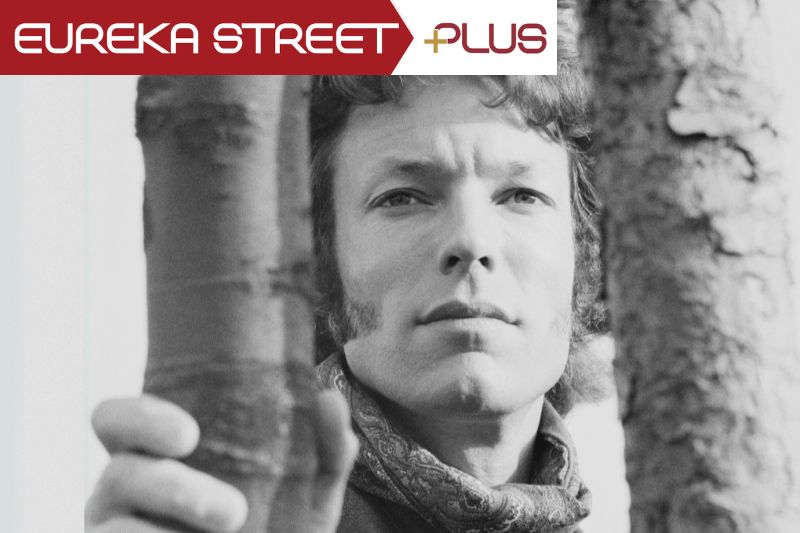
ARTS AND CULTURE
- Peter Craven
- 11 April 2025
Before heartthrobs became brand names, there was Richard Chamberlain. A matinee idol with the soul of a serious actor, he rose to fame as Dr. Kildare, sought after Shakespeare, and stole scenes from Gielgud. His legacy is a portrait of quiet yearning — for love, for truth, for artistic respect.
READ MORE 
-
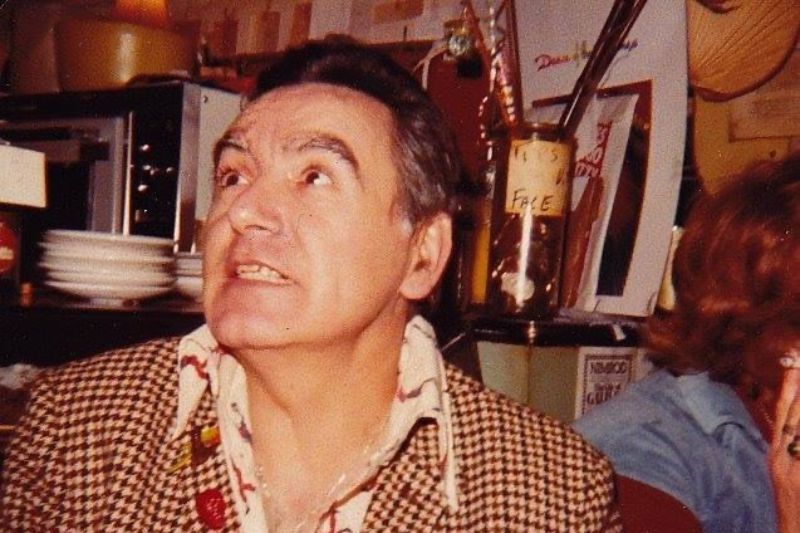
ARTS AND CULTURE
- Barry Divola
- 10 April 2025
Vittorio ‘Vito’ Bianchi was small in stature, but a giant of a man who ruled over the Piccolo Bar café in Kings Cross for over 50 years. To live in the Cross meant that you knew Vittorio Bianchi. It was impossible not to.
READ MORE
-
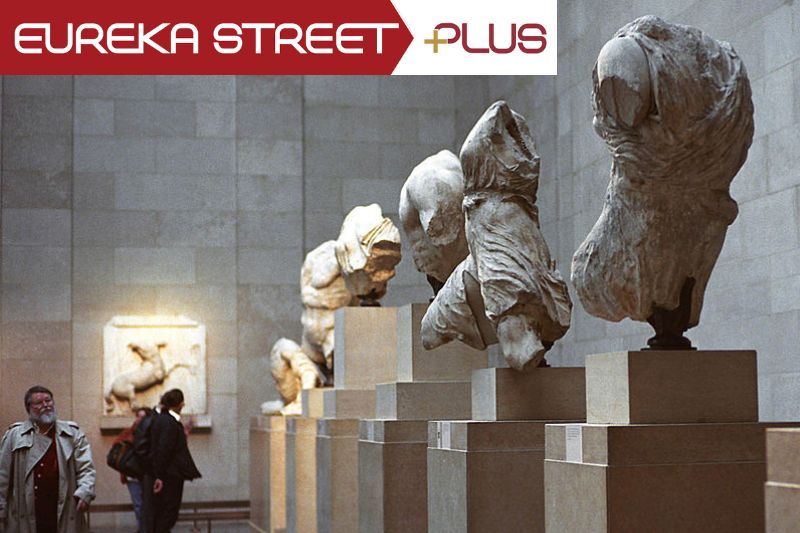
ARTS AND CULTURE
- Gillian Bouras
- 04 April 2025
The Parthenon Marbles have long stood at the centre of a cultural standoff between Britain and Greece — art or artefact, spoils or stewardship? As negotiations inch forward, the ancient stones carry modern weight, raising urgent questions about restitution, identity, and what it means to right the wrongs of empire.
READ MORE 
-
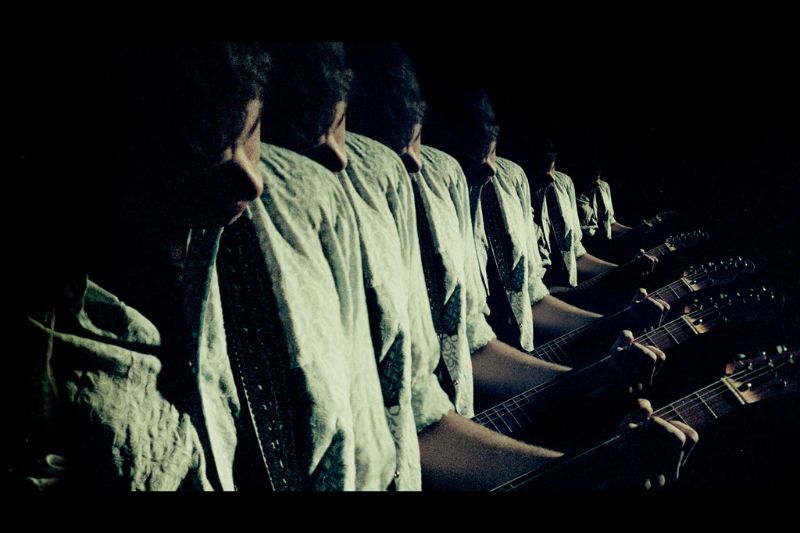
ARTS AND CULTURE
- Barry Divola
- 27 March 2025
Glide were an ’90s Australian band set for big things - a new documentary is a cautionary tale about how critical success doesn’t always translate into commercial success, and how the quest can lead to casualties along the way.
READ MORE
-

ARTS AND CULTURE
- Peter Craven
- 14 March 2025
Shakespeare’s Henry V has long been celebrated as a stirring hymn to English valour, a theatrical counterpart to Churchill’s wartime oratory. But beneath its rousing rhetoric lies a darker truth of a king who breaks hearts as easily as he wins battles, a war epic that disguises the brutality it glorifies.
READ MORE 
-

ARTS AND CULTURE
- Michael Farrell
- 13 March 2025
Portents, auguries, challenge my faith. A star shines over a publishing house. They have produced a book by a poet who has never written a word. Poetry bends, pretends, protects, its grand scope.
READ MORE
-
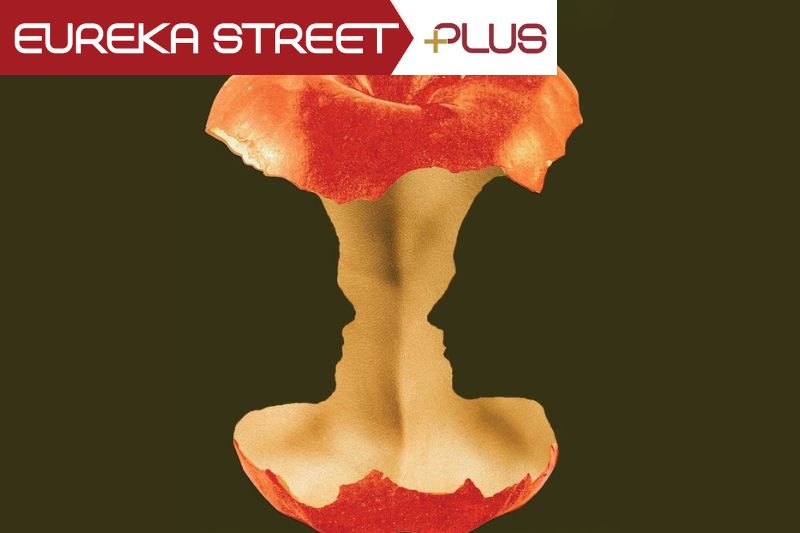
ARTS AND CULTURE
- Peter Craven
- 07 March 2025
David Szalay’s Flesh unfolds with quiet, mesmeric intensity, charting a life shaped by desire, disappointment and disaster. As the ordinary shades into the catastrophic, Szalay’s controlled, unshowy prose builds a world of betrayals, longings and subtle devastations, proving, once again, that no one writes the ache of being alive quite like him.
READ MORE 
-

ARTS AND CULTURE
- Nikki Richardson
- 06 March 2025
In Netflix series Apple Cider Vinegar, Belle Gibson’s wellness scam has been repackaged for the streaming era, perfectly illustrating how news, entertainment, and advertising function as overlapping parts of the same machinery to keep us consuming content.
READ MORE
-

ARTS AND CULTURE
- Warwick McFadyen
- 06 March 2025
What does a forgotten cemetery job ad from 1860 reveal about the lives we honour, the work we overlook, and the honesty we still hope for? A chance discovery in the archives becomes a meditation on honesty, mortality, and the curious poetry of forgotten lives.
READ MORE
-
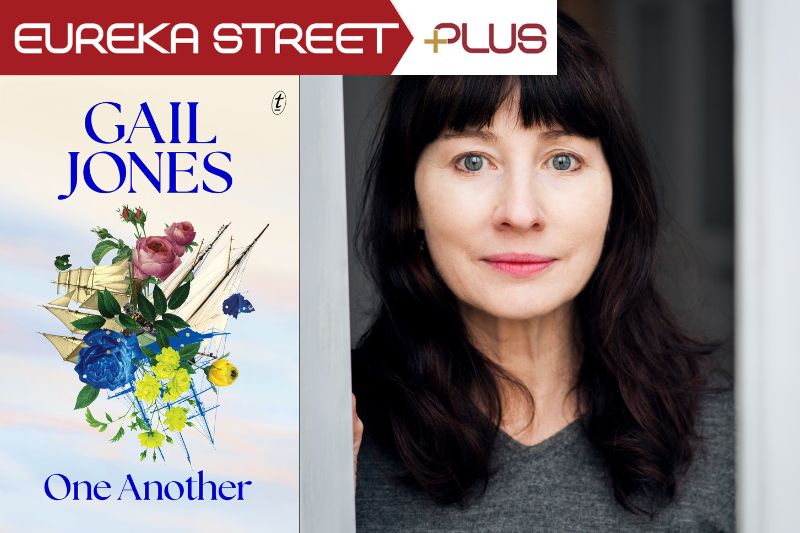
ARTS AND CULTURE
- Gillian Bouras
- 28 February 2025
What makes a writer? Is it exile, loss, or the relentless pull of history? In One Another, Gail Jones traces the lives of two outsiders—Joseph Conrad and a young Australian academic—both adrift between worlds, both seeking meaning in words. A novel about displacement, identity, and the burden of storytelling.
READ MORE 
-
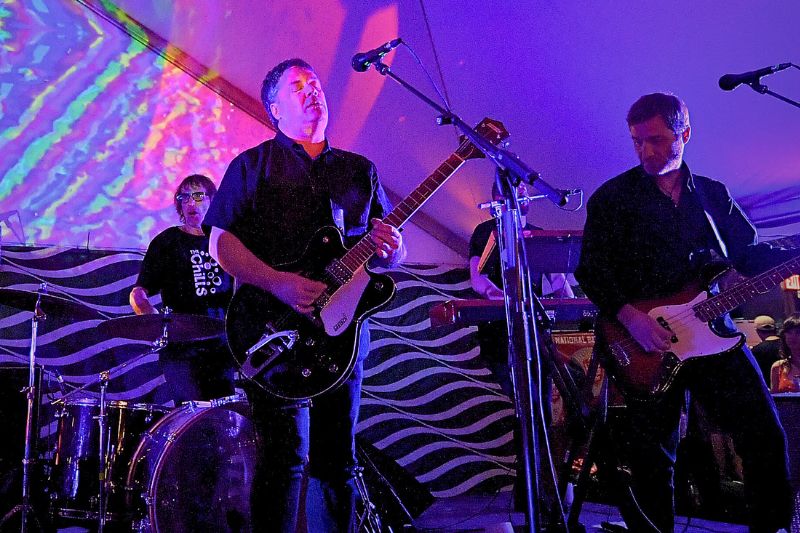
ARTS AND CULTURE
- Barry Divola
- 25 February 2025
Martin Phillipps of The Chills cheated death for years. After his passing last year at 61, his music lives on, with a posthumous album and a lasting legacy.
READ MORE